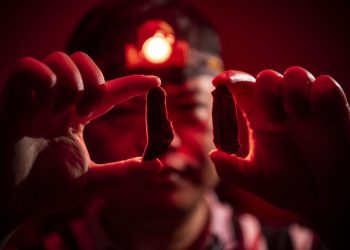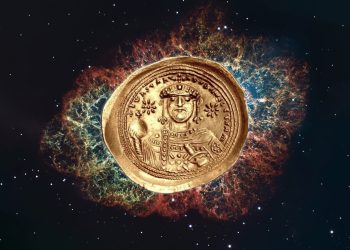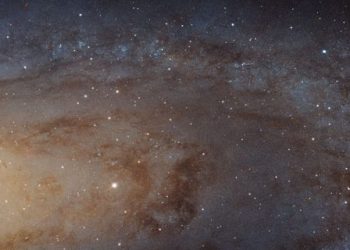What would our species look like if we were to somehow survive a million years? What would evolution be like? By then, I assume, we would have already colonized the solar system, ventured out into distant solar systems, and established colonies across the galaxy. But what would humans look like? Would we evolve into something entirely different than what we are today? Will our species branch off into different species? Would we become one with machines? It was science fiction author HG Wells who realized humans could evolve into alien beings. According to his essay Man in the year million from 1883, he envisioned creatures with big brains and small bodies. In his later speculations, he also thought humans might split into two or more species.
What can happen?
Three things could happen. Changing, becoming several species, or going extinct are all possible outcomes. Biotechnology, as an additional ingredient, increases the probability of each of them occurring. There is a possibility that future technologies will create new species that have never been seen in nature. This would become true thanks to human enhancement and merging with technology. For example, in the future, humans could upload our brains to computers. We could also merge with artificial intelligence. We could go even further by using brain emulation, a speculative technology that scans the brain at a cellular level and recreates the neural network in a computer to create a “software intelligence.” As a matter of fact, it is a departure from the animal kingdom into the mineral, or rather, software kingdom. And the software kingdom would be a parting point from the animal kingdom, a biological one, into one that is a mixture of the two.
Have something to add? Visit Curiosmos on Facebook. Join the discussion in our mobile Telegram group.











